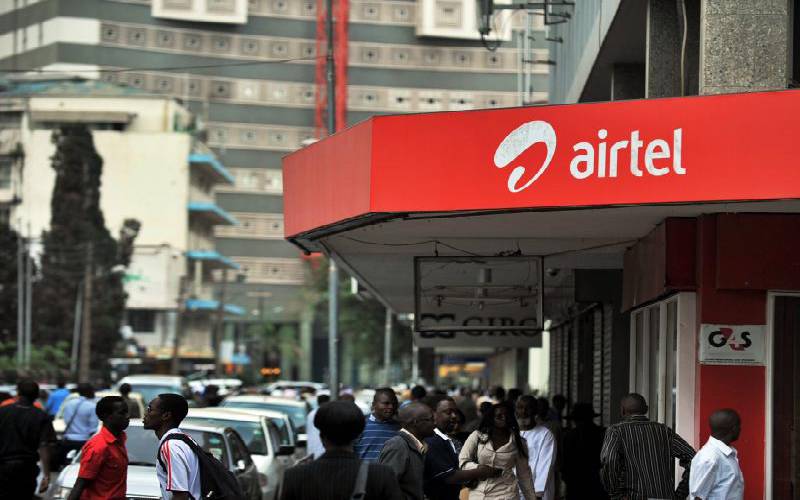×
The Standard e-Paper
Stay Informed, Even Offline

Last Friday, Kenya’s second mobile operator Airtel Kenya had its parent company Airtel Africa, list at the London Stock Exchange (LSE) with performance falling significantly below the initial listing price of Sh104.
After listing, the counter fell 16 per cent, hitting a low of Sh85 and failing analysts’ expectations and what the company had hoped to gather in its briefing to investors.







